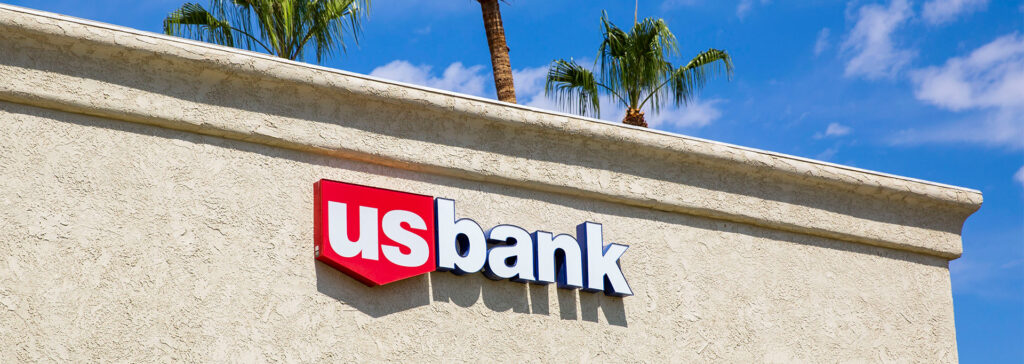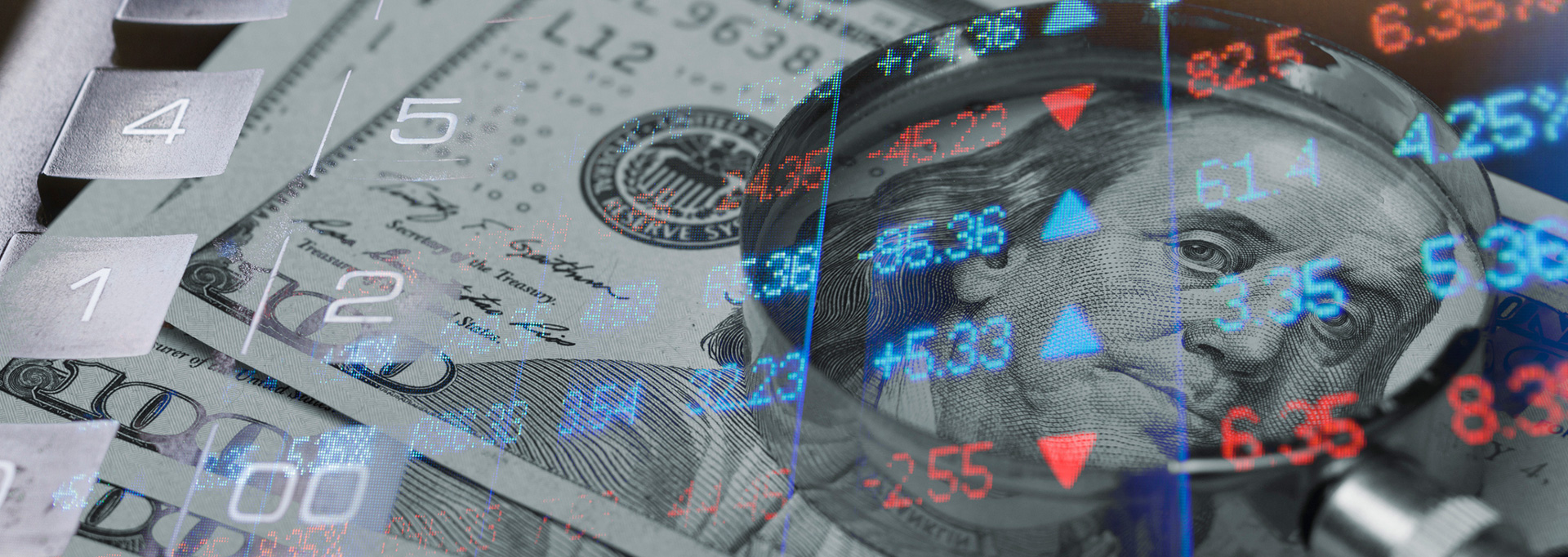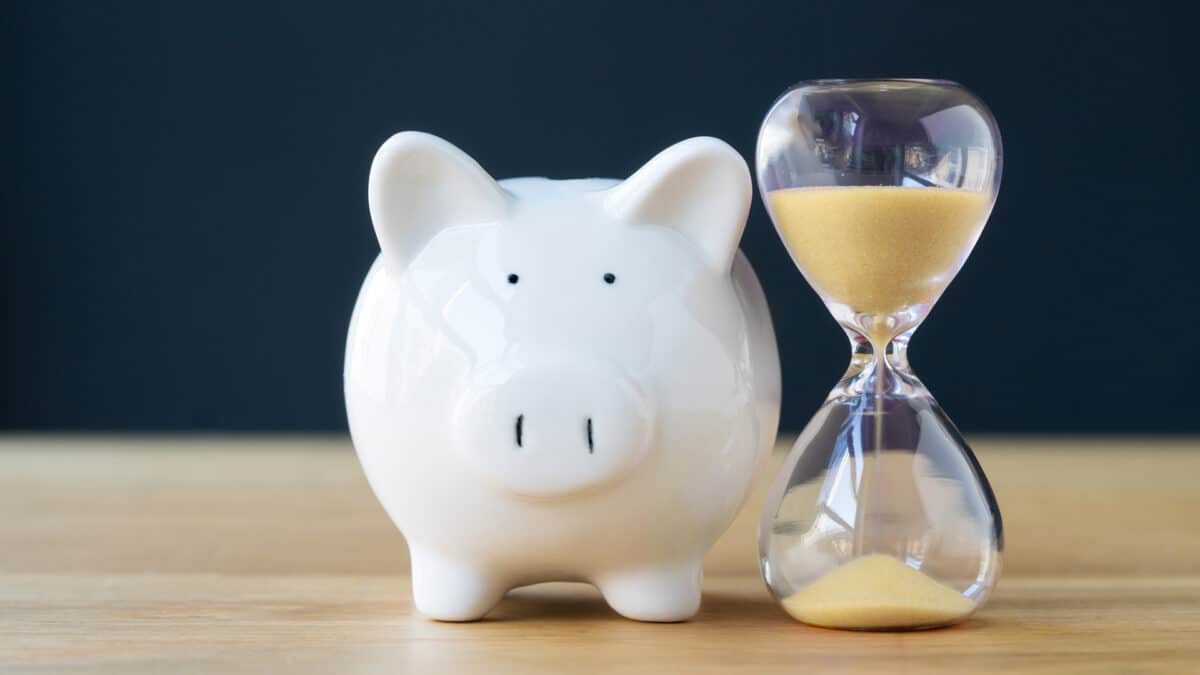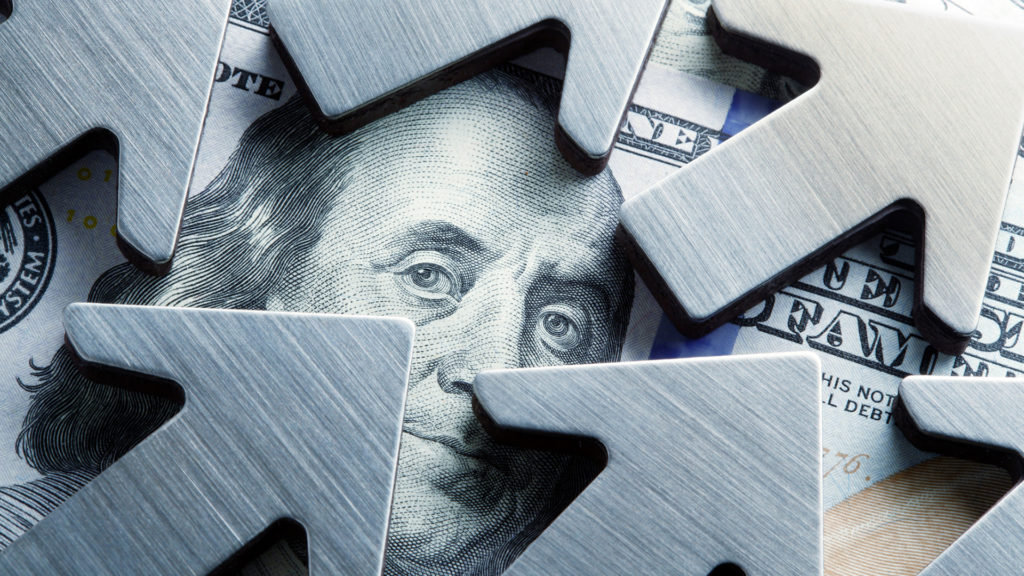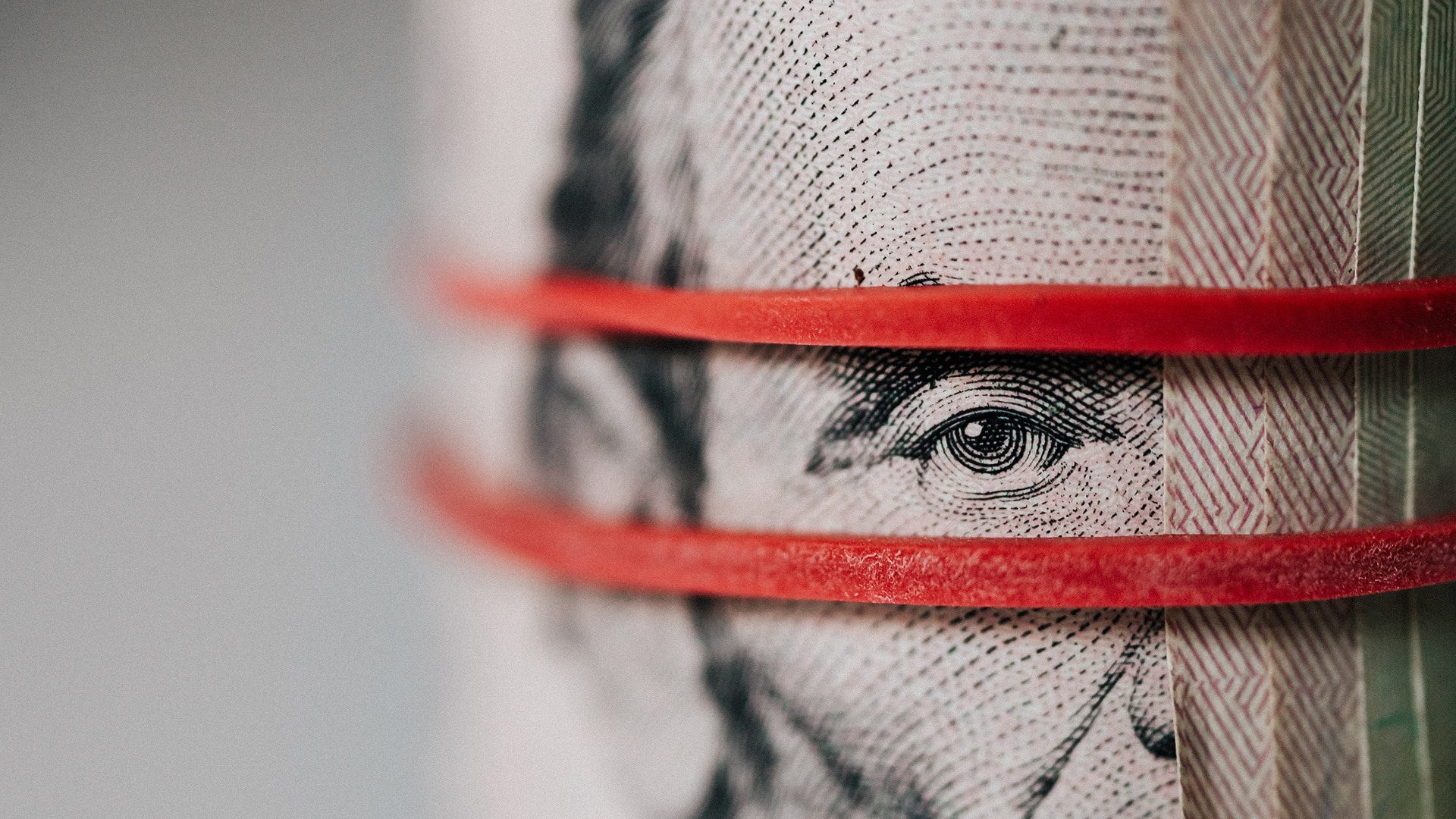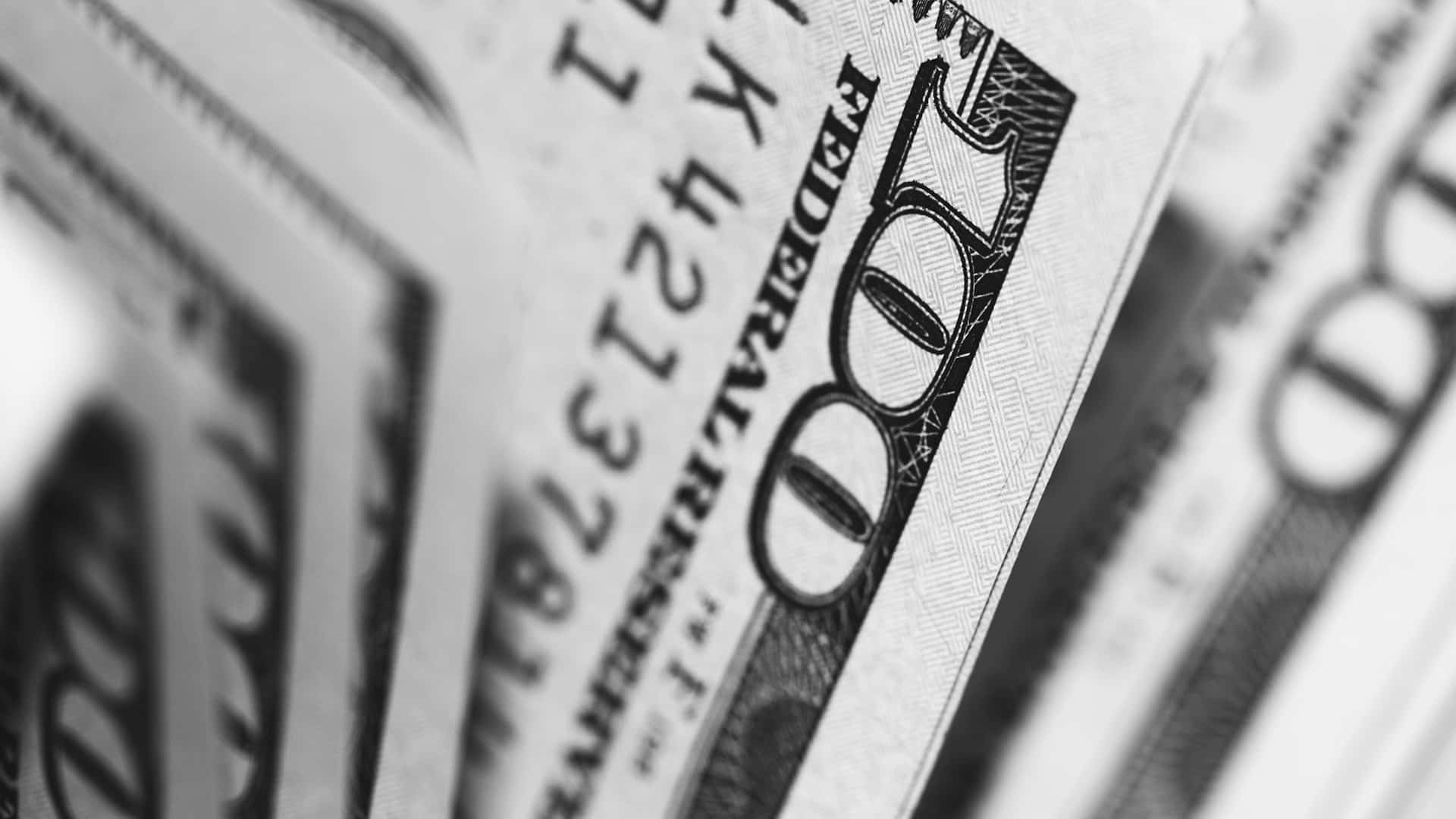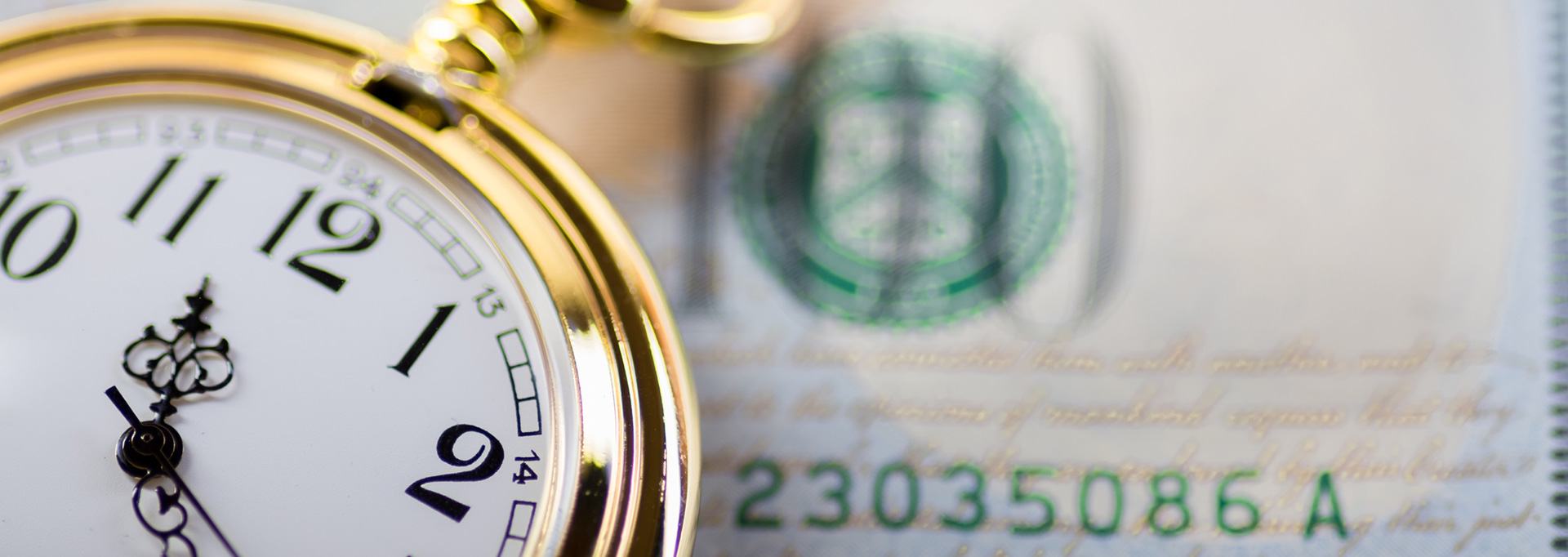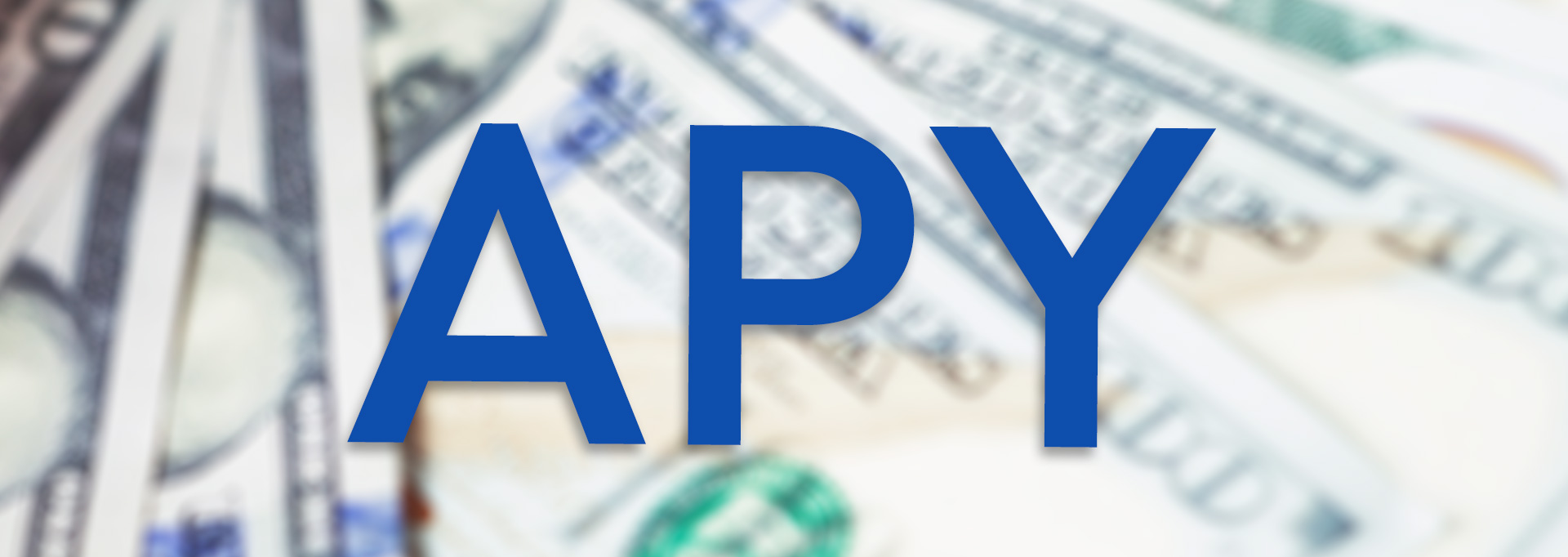Most products on this page are from partners who may compensate us. This may influence which products we write about and where and how they appear on the page. However, opinions expressed here are the author's alone, not those of any bank, credit card issuer, airline or hotel chain.
A certificate of deposit (CD) can be a smart choice if you need a place to grow your cash for s
If you’re considering using CDs as part of your overall savings strategy, it’s helpf
Recommended CD Accounts
| Account | 1-Year APY | 3-Year APY | 5-Year APY | Learn More |
|---|---|---|---|---|
|
|
0.30%
Annual Percentage Yield is accurate as of April 2, 2024. Interest rates for CIT Bank's term CDs are variable and subject to change at any time without notice |
0.40%
Annual Percentage Yield is accurate as of April 2, 2024. Interest rates for CIT Bank's term CDs are variable and subject to change at any time without notice |
0.50%
Annual Percentage Yield is accurate as of April 2, 2024. Interest rates for CIT Bank's term CDs are variable and subject to change at any time without notice |
Open CD |
|
|
4.80% | 4.00% | 3.90% | Open CD |
|
|
4.90% | 4.15% | 4.00% | Open CD |
|
|
4.70% | 3.75% | 3.75% | Open CD |
|
|
4.50% | 4.40% | 4.30% | Learn More |
Factors That Can Impact Your CD Interest Rate
When you deposit cash into a certificate of deposit, you agre
No
Here are some of the factors that deter
The Economy
When inflation soars as it has in recent months, the Federal R
When infl

How Climbing Interest Rates Affects Your Credit Card
CD Term
In addition to economic factors, the length of tim
Long-ter
It’s common for the best online banks to offer CD rates th
Quick Tip
Reviewing the pros and cons of short-term and long-term CDs can help you determine which CD term is the best option for you.
Balance
Some banks may set differ
Special Features
Some banks offer CDs that come with special features. A no-penalty CD, for example, allows you to withdra
A bump
If you’re considering a CD with special features, it’s important to read the fine print and compare the account to a standard CD and offers from multiple financial institutions. Banks ofte
Other Factors to Consider
The amount of interest yo
Compounding Interest
When you’re shopping around for the best CD for your savings needs, pay attention to how often your interest will compound. CD
Fixed vs. Variable Interest
Most
Early Withdrawal Penalty
Another detail to consider
Bottom Line
As a customer, yo

